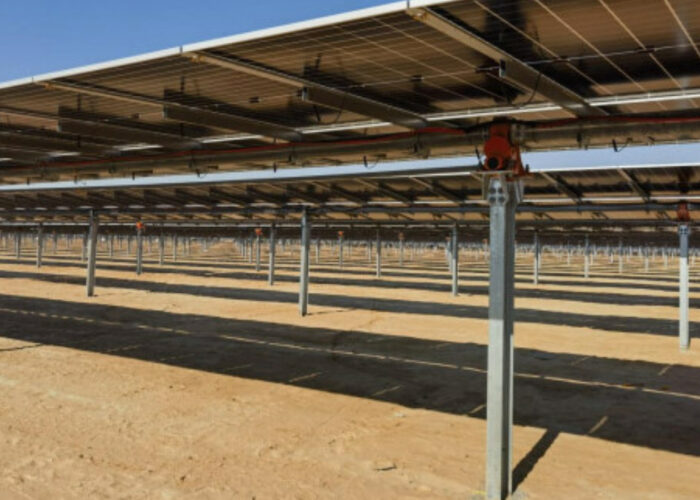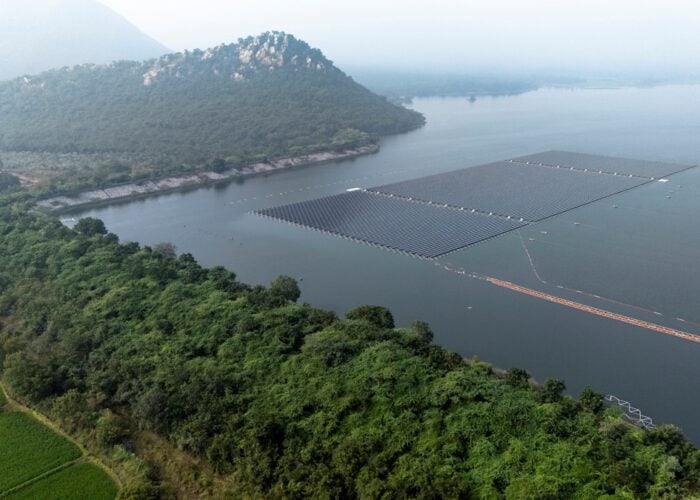Japan will produce definitive targets for renewable energy this year, according to a government official. The country’s leaders have taken criticism from pro-renewable energy groups for not doing so previously.
Keiji Hidaka, deputy director of the Agency for New and Renewable Energy (ANRE), a recently established division of the Japanese Ministry of Economy, Trade and Industry (METI), confirmed the news to PV Tech in a call on Friday morning. He did not however give any indication of likely percentages or criteria for determining the targets.
Try Premium for just $1
- Full premium access for the first month at only $1
- Converts to an annual rate after 30 days unless cancelled
- Cancel anytime during the trial period
Premium Benefits
- Expert industry analysis and interviews
- Digital access to PV Tech Power journal
- Exclusive event discounts
Or get the full Premium subscription right away
Or continue reading this article for free
Hidaka also denied some recent reports that had claimed the government was intent on lowering the rates payable for solar projects through the feed-in tariff (FiT) further than the expected annual degression rate, which is around 10%.
This would have been in addition to several forthcoming revisions to the scheme, which are expected to come into effect in the coming weeks, designed to quench any fears of a “bubble effect” forming around the nation’s solar industry. These include the phenomenon of developers claiming grid connection approval rights and then waiting for equipment prices to drop before actually constructing their projects, thus maximising profit.
While Hidaka said the decision on FiT rates would not be taken until the end of Japan’s financial year in late March, he did confirm recent reports that Japan is looking to a scheme similar to the UK’s Contracts for Difference (CfDs), which sees renewable energy technologies bidding against each other for centralised funding. Hidaka stressed however that a Japanese CfD system would be very different to the UK version and could also include non-renewable forms of generation in the tender process.
In the wider context of Japan’s energy mix, last year the government led by Shinzo Abe released the latest version of Japan’s 'Basic Energy Plan', a national document which publicly sets out aims and strategies for energy policy. The document is published every three or four years, with the 2014 edition attracting criticism as, while it did not directly advocate or give numbers for the nuclear restart, it seemed to stress the importance of atomic energy to Japan’s energy mix of the future. Renewable energy groups also blasted the plan for not giving comprehensive targets on renewables.
Keiji Hidaka of ANRE confirmed that the targets will be established this year, which may give hope to pro-renewables groups. However, it also now seems increasingly likely, according to Hidaka, news reports and sources in Japan’s energy industry, that two or three of Japan’s shuttered nuclear power stations will come back online this year.






